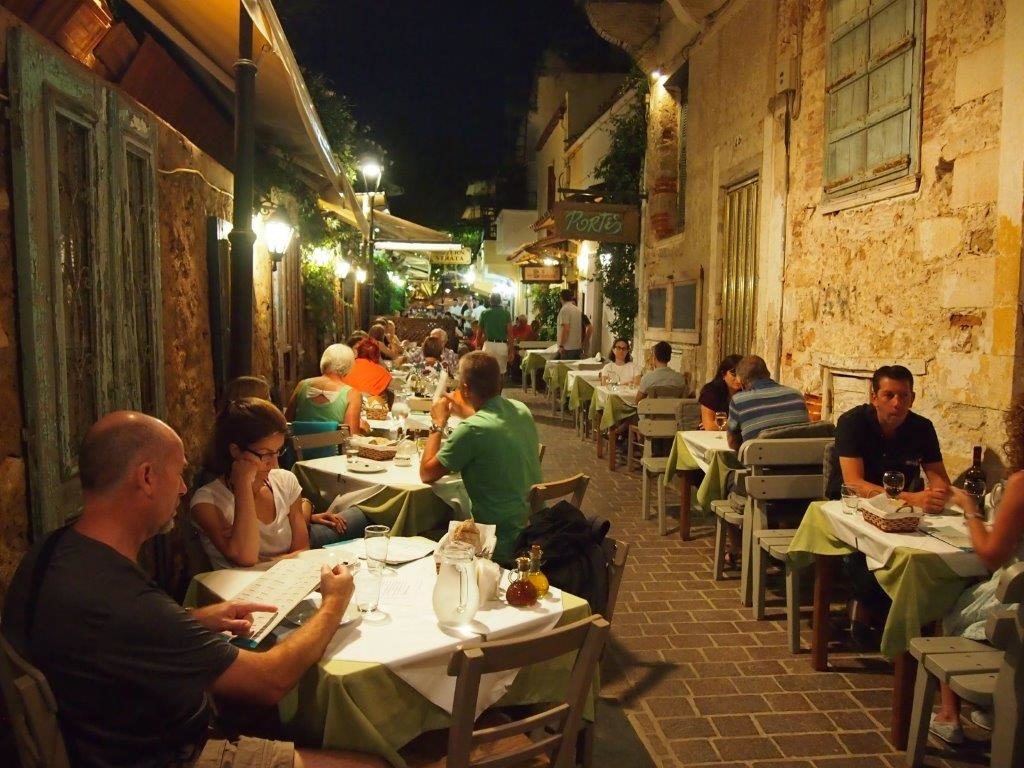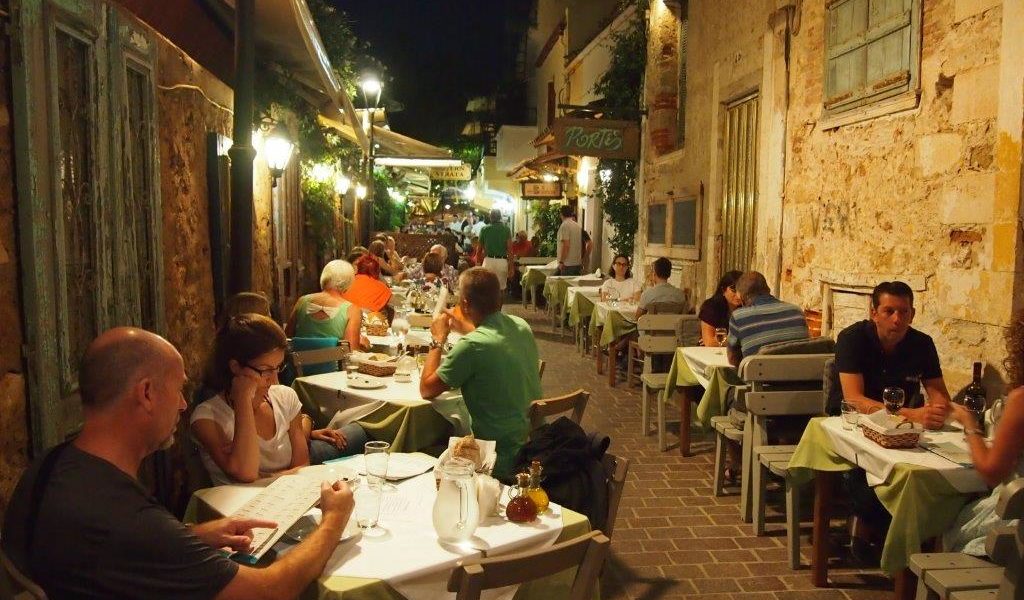
Greece implemented a new rule, which came into effect in January 2018, aiming to stop restaurants, taverns and all eateries from serving olive oil in refillable containers, which in some cases contain oils of inferior quality.
Leading olive oil publication Olive Oil Times says with the new rules, olive oil must be served in sealed bottles much like wine, to be opened at the table but although still at an early stage, there are signs that the rules have been adopted by several restaurants, but not by a critical mass.
According to Olive Oil Times, the measure has succeeded to the extent that oil cruets have been withdrawn from most tables, but this was the easy step. Most restaurants are reluctant to apply the new rule because it raises costs at the same time they are trying to lower costs amid the financial crisis.
According to Ioannis Kouzoupis, owner of the restaurant Elia e Tsipouro and vice president of the Panhellenic Federation of Restaurants and Associated Professions (EPESE), the new measure raises the price of olive oil considerably. “Unfortunately we have to charge for the sealed olive oil bottles, whose price starts from about 1 euro for 50 ml – which is absurd if one takes into account that oil is an essential part of the diet and a basic food,” he told Olive Oil Times.
The main aim of the new rule on the mandatory use of branded olive oil at the table at restaurants, which was a demand of the Greek Association of Industries and Processors of Olive Oil (SEVITEL) and agreed upon by the Federation of Restaurants, is not to increase demand for branded olive oil but to enhance the image of Greek olive oil to consumers, especially tourists.

